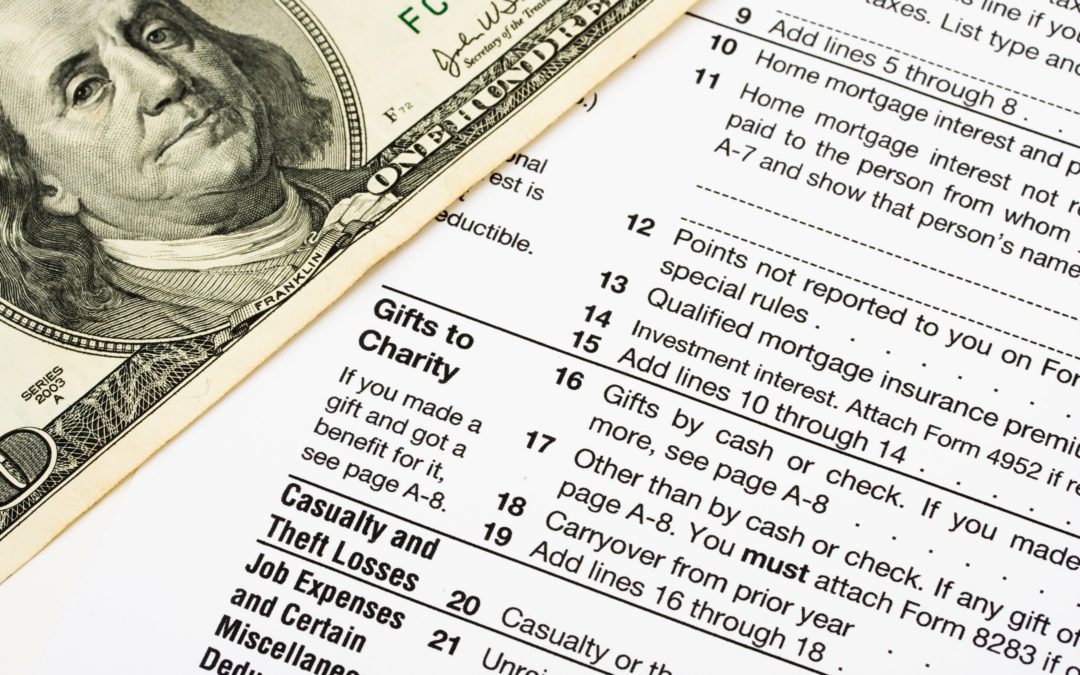I recently met with some clients to discuss annual tax planning and the topic of charitable contributions came up. These clients have a real heart for giving, and throughout the years, have been extremely generous with their time and dollars. Currently, they are enjoying a great retirement while continuing to make gifting to the church a priority.
In previous years, they’ve contributed from their bank/brokerage accounts, but this year a new way to give presented itself. Last year one of the spouses celebrated his 70th birthday, and in addition to some handmade gifts from his grandkids, he received notification that the IRS is requiring him to begin taking a minimum distribution (RMD) from his IRA account. To say the least, the idea of having to take a distribution subject to tax was an unpleasant “gift”!
As we discussed the tax implications of his required distribution, I shared with him the idea of having his RMD paid directly to the church as a Qualified Charitable Distribution. His initial reaction was one of curiosity, and the thought of dollars going directly to the church, versus having a percentage sent to Washington, was intriguing. Upon further analysis, we determined that this year he’s able to make a $15,000 gift to the church instead of taking the RMD himself, and then paying $5,000 in tax on this distribution next spring, leaving only $10,000 available to gift.
Knowing the impact any additional amount could have on your designated charity you might want to consider this alternative to traditional giving. While many, understandably, rely on retirement distributions for living expenses, a Qualified Charitable Distribution could still be something to consider. In the case of my client, he had planned on giving $10,000 to the church regardless, but instead was able to contribute $15,000. The original $10,000 earmarked for giving was then used to supplement his living expenses.
If you’d like to see if this type of distribution is right for you I’d encourage you to visit with your financial advisor or CPA. Qualified Charitable Distributions have certain limits and caveats that need to be considered, but it’s an idea worth exploring!

